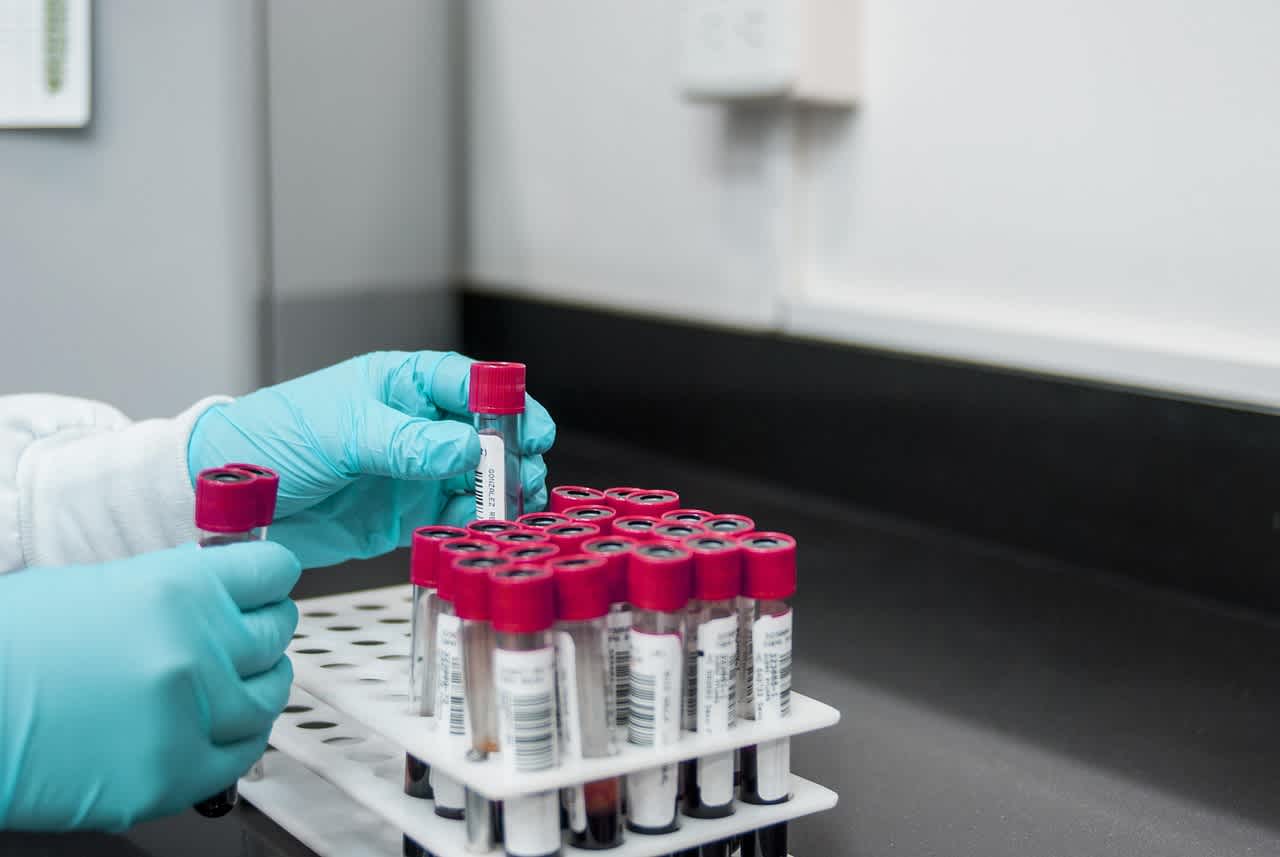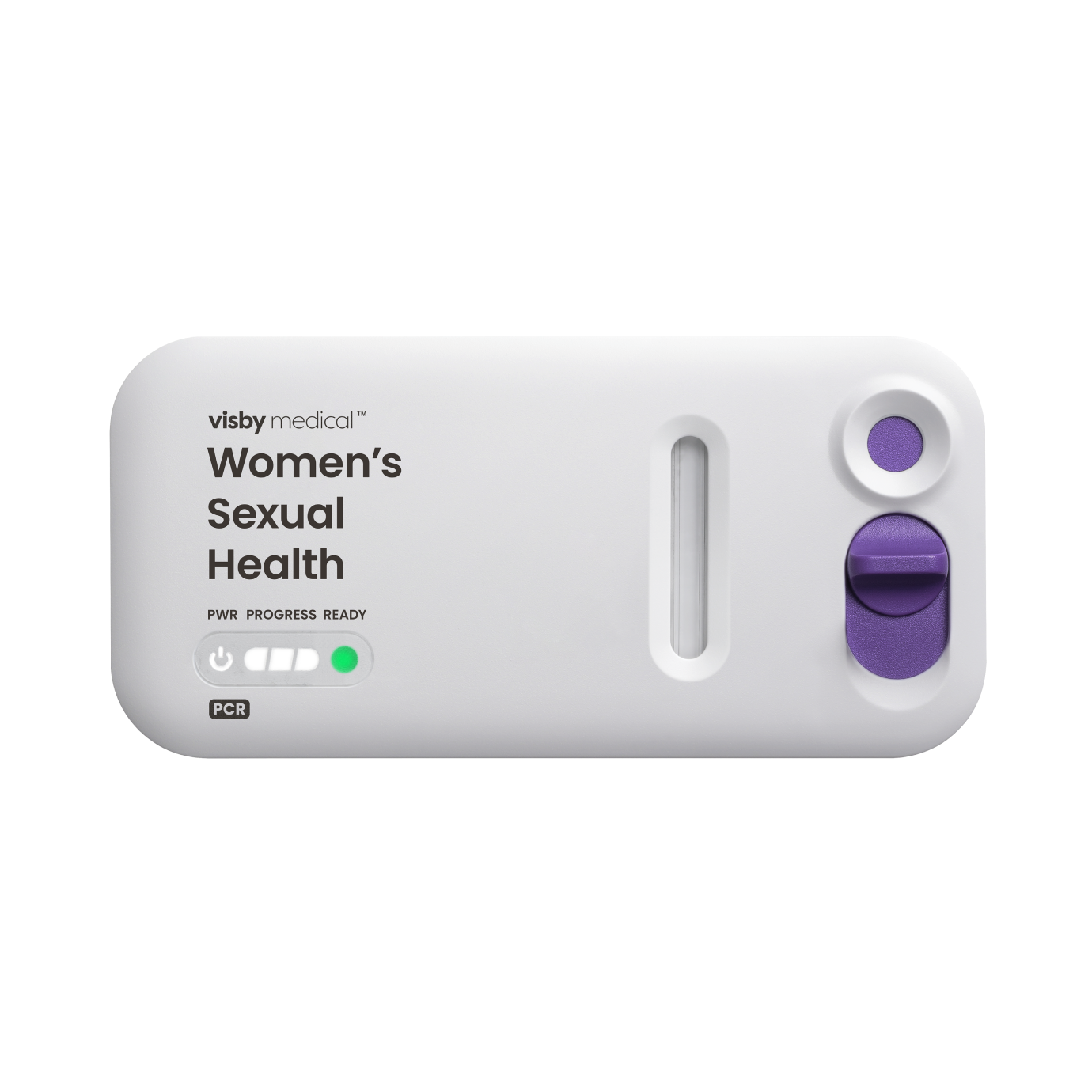
Medically Reviewed By: Dr. Diana Rangaves, PharmD
A mean corpuscular hemoglobin concentration (MCHC) blood test is a simple but important diagnostic test that measures the average concentration of hemoglobin in your red blood cells. This measurement can provide crucial insights into your overall health, particularly in terms of how well your body is transporting oxygen and your blood’s ability to function optimally. If your healthcare provider recommends an MCHC blood test, it’s typically to assess or monitor certain conditions related to red blood cell function, like anemia.1
What Does an MCHC Blood Test Measure?
- Hemoglobin levels: Hemoglobin is crucial for oxygen transportation, so abnormal MCHC levels can indicate that there is an issue with oxygen delivery to tissues.1
- Red blood cell health: This test can help determine if your red blood cells are healthy and functioning properly. The concentration of hemoglobin in these cells should be within a certain range for optimal functioning.1
- Hydration status: Changes in hydration levels can impact MCHC, as dehydration can lead to an artificially high concentration of hemoglobin.1
Why Would You Need an MCHC Blood Test?
There are several reasons why a doctor might order an MCHC blood test. It’s typically used to:
1. Diagnose and Monitor Anemia
- Hypochromic anemia: Red blood cells have less hemoglobin than normal, resulting in low MCHC values. This can be indicative of iron deficiency or chronic disease anemia.3
- Hyperchromic anemia: Abnormally high MCHC may point to hereditary spherocytosis, where red blood cells are spherical instead of concave.4
2. Assess Dehydration
MCHC levels may rise in cases of dehydration. Reduced plasma volume can artificially increase hemoglobin concentration.2
3. Evaluate Red Blood Cell Disorders
Disorders like spherocytosis can result in increased MCHC levels, as the cells may be packed with more hemoglobin than usual.4
4. Monitor Bone Marrow Function
If the bone marrow is not producing enough red blood cells, or if the cells are not functioning properly, MCHC levels can help identify issues.7
5. Help Diagnose Certain Hemoglobinopathies
Genetic disorders like sickle cell disease can alter MCHC levels. A blood test helps monitor the progression of these conditions.6
What Are Normal MCHC Levels?
Normal MCHC levels typically range from 32 to 36 grams per deciliter (g/dL), though this may vary slightly between laboratories.7
Low MCHC Levels
Low MCHC may indicate iron deficiency anemia or other conditions such as thalassemia or chronic blood loss. Symptoms include fatigue, weakness, and pale skin.1
High MCHC Levels
May suggest hereditary spherocytosis or dehydration.2
How Is an MCHC Blood Test Performed?
An MCHC test is part of a Complete Blood Count (CBC). A small blood sample is drawn, usually from a vein in the arm, and analyzed in a lab.7
What Should You Do If Your MCHC Level is Abnormal?
If your MCHC level is outside the normal range, your doctor may recommend dietary changes, supplements, or additional testing to determine the underlying cause and treatment plan.
Take Control of Your Health with Everlywell’s At-Home Blood Test
A blood test is a crucial tool in understanding your overall health. It provides essential insights into various bodily functions and can help detect conditions like anemia, infections, and blood disorders. Everlywell provides convenience of at home tests and offers comprehensive full body test with Everlywell 360. One in-person blood and urine test measures 83 biomarkers across six key health categories—and your results don’t stop at numbers. With Everlywell 360, you also get a provider-reviewed Care Plan and a unique WellScore so you can track your health year over year.
References
- MCH Blood Test. Cleveland Clinic. Updated August 21, 2024. Accessed March 8, 2025. https://my.clevelandclinic.org/health/diagnostics/23466-mch-blood-test.
- Kim JE, Park MJ, Kim JE. Changes in the blood components caused by water intake. Korean J Clin Lab Sci. 2017;49(3):222–228. Accessed March 8, 2025. https://www.kjcls.org/journal/view.html?doi=10.15324/kjcls.2017.49.3.222.
- Chaudhry HS, Kasarla MR. Microcytic Hypochromic Anemia. In: StatPearls. StatPearls Publishing; January 2025–. Updated August 14, 2023. Accessed March 8, 2025. https://www.ncbi.nlm.nih.gov/books/NBK470252/.
- Ali SR, Shaikh A, Baloch T. Hereditary spherocytosis: review of cases and discussion of hematologic characteristics and updated diagnostic testing. J Adv Pediatr Child Health. 2023;6(1):34–39. Accessed March 8, 2025. https://www.peertechzpublications.com/articles/JAPCH-6-122.php.
- Hereditary Spherocytosis. Cleveland Clinic. Updated May 19, 2022. Accessed March 8, 2025. https://my.clevelandclinic.org/health/diseases/23058-hereditary-spherocytosis.
- Hemoglobinopathy. Cleveland Clinic. Updated June 12, 2024. Accessed March 8, 2025. https://my.clevelandclinic.org/health/diseases/24368-hemoglobinopathy.
- Sarma PR. Red cell indices. In: Walker HK, Hall WD, Hurst JW, eds. Clinical Methods: The History, Physical, and Laboratory Examinations. 3rd ed. Boston: Butterworths; 1990:Chapter 152. Accessed March 8, 2025. https://www.ncbi.nlm.nih.gov/books/NBK260/.
Spotlight on
February is Cancer Prevention Month

86% of cancers aren't caught by recommended screenings. See what they're missing with a single blood draw.
Save $100 now
Explore Everlywell









